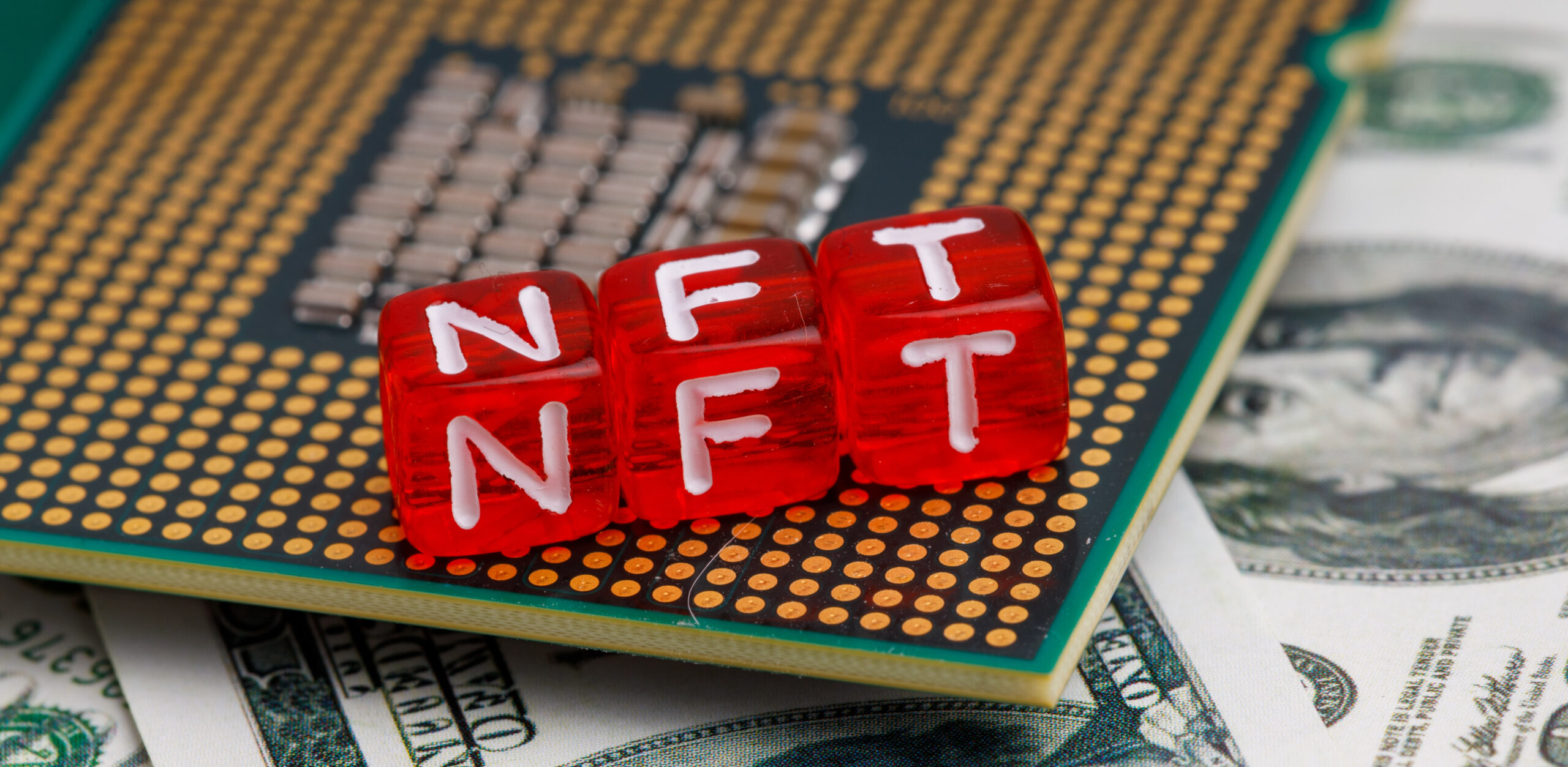An NFT, or non-fungible token, is a unique digital asset that represents ownership of a specific item, such as a piece of art or a collectible. NFTs are stored on a blockchain, which is a decentralized and secure digital ledger that allows for the storage and transfer of digital assets.
One benefit of NFTs is that they allow for the creation and ownership of unique digital items that cannot be replicated or counterfeited. This is especially important in the digital art world, where digital art can be easily copied and shared online. NFTs provide a way for artists to protect their intellectual property and ensure that they are fairly compensated for their work.
Another benefit of NFTs is that they can be bought and sold in online marketplaces, allowing for the creation of a new market for digital art and collectibles. This has the potential to democratize the art world by giving more artists the opportunity to sell their work and reach a wider audience.
There are many possible future uses for NFTs. One potential use is in the gaming industry, where NFTs could be used to represent in-game items that have real-world value. NFTs could also be used to represent ownership of virtual real estate or other virtual assets. In the music industry, NFTs could be used to represent ownership of exclusive tracks or other digital music assets. There are also many other potential applications for NFTs, including in education, healthcare, and even in the physical world, such as in the creation of smart contracts for real estate transactions.

